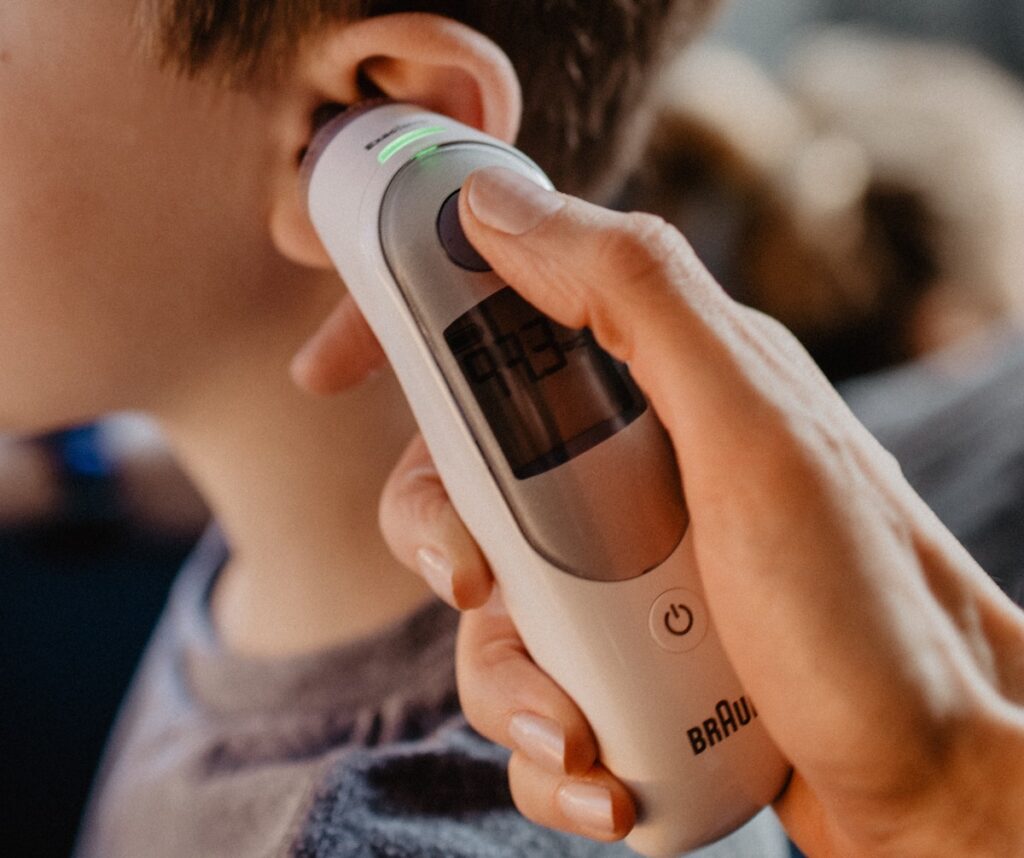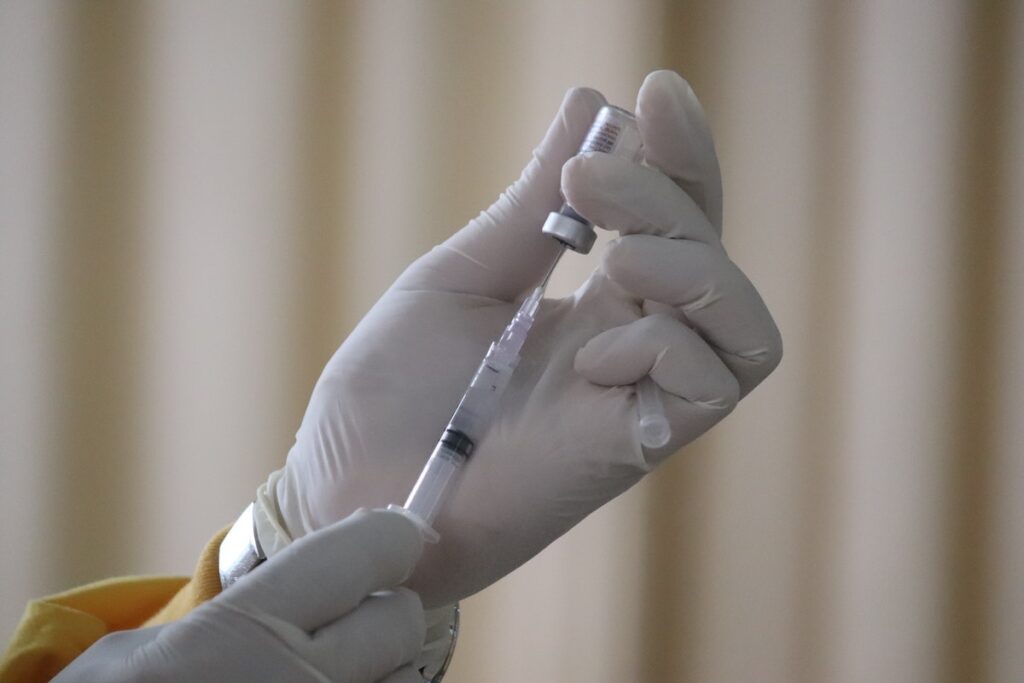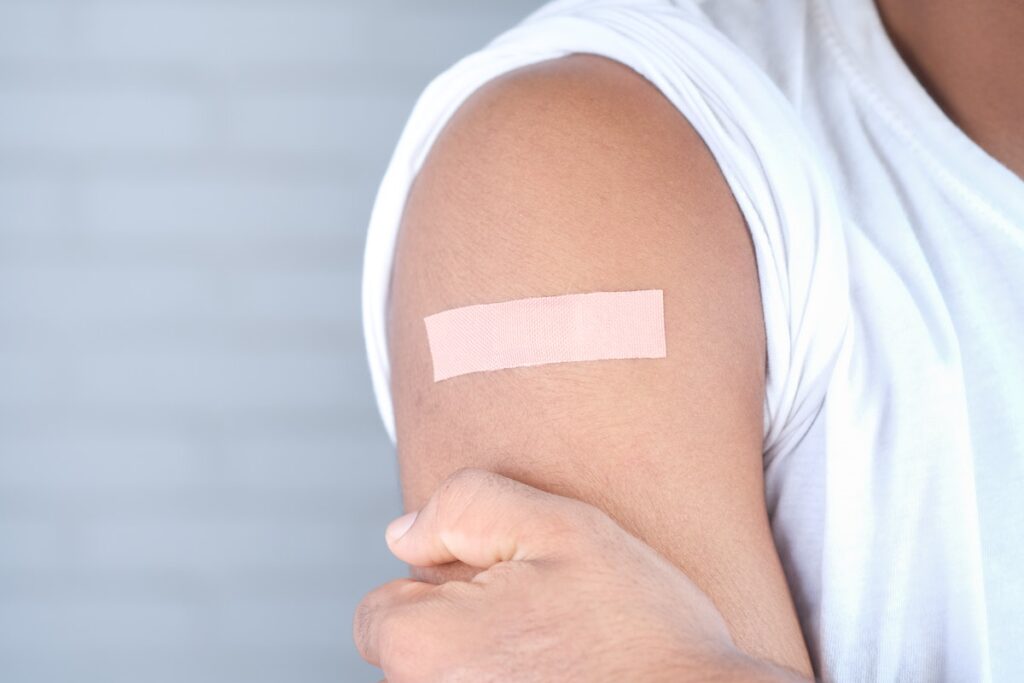Seedling
Age 0-11 months
We believe a healthy, happy start for both moms and babies is the best start.
The first year of life is such an incredible time of growth. Infant health and development is closely intertwined with the physical, mental, and emotional well-being of their parents–especially their mother. That’s why we approach the first year of a baby’s life as a time to care for both mother and infant.
“4th trimester” care
We want you to be able to enjoy this precious time with your baby so we take a proactive approach to support you through a variety of normal postpartum transitions. We are happy to help with:
Lactation support
Mental health support
Finding balance
Newborn and baby care
During your baby’s first year, there are more frequent well baby visits to ensure your child is experiencing healthy growth and development.These frequent visits also help us to really get to know you and support you as you grow as a family.
Each visit with us is a safe space to ask any questions or bring up concerns about your baby or how you feel as a parent. Make sure you write down any questions or concerns you have before your visit–we can’t wait to have you learn with us!
You can expect each well visit to include:
- A physical exam
- Recommended immunizations
- Health screening and development assessment
- Oral health assessment
- If needed, a referral for specialized care
- Discussion on building a healthy lifestyle at home for you and your baby
Visit and immunization Schedule
Castle Pines Pediatrics believes that vaccines play a vital role in protecting your child’s health. Patients in our practice agree to follow the CDC and AAP guidelines for childhood immunizations.
Hepatitis B if your baby did not receive it at the hospital
Newborn Screen #2
No Immunizations
Vaxelis (DTaP, HIB, IPV, Hep B), Vaxneuvance (PCV 15), Rotateq
Vaxelis (DTaP, HIB, IPV, Hep B), Vaxneuvance (PCV 15), Rotateq
Vaxelis (DTaP, HIB, IPV, Hep B), Vaxneuvance (PCV 15), Rotateq
No immunizations if up-to-date
Frequently asked questions
It is common for newborns to have a blocked tear duct, a condition known as lacrimal duct stenosis. Typically, gentle massage and cleansing with a warm, wet washcloth several times per day is the only treatment that is needed. Lacrimal duct stenosis usually spontaneously resolves by 6 months of age.
Given the delicate nature of newborn skin, we recommend limiting routine baths to no more than three per week. Water alone is sufficient for cleansing the newborn face. If you want to use a cleanser elsewhere, a small amount of a pH balanced, additive- and fragrance-free formulation is preferred. Remember to stick to sponge baths only until the umbilical cord stump has fallen off.
The timing of when to pierce your baby’s ears is often cultural. The AAP recommends waiting until the child can care for the pierced site herself. However, if the piercing is done in a sanitary fashion with conscientious aftercare, there is minimal risk of adverse outcomes regardless of age. For an added level of protection, consider waiting until after the 6-month immunizations are complete.
Your baby may be ready to start solid foods if he/she is:
- Showing interest in mealtime
- Can sit well unsupported
- Has good head and neck control
- Has lost the tongue thrust reflex.
We typically discuss signs of solid food readiness at the 4-month checkup so you can monitor for these upcoming developmental benchmarks. For most infants, developmental readiness for solid foods is achieved around 6 months of age, but consult with your pediatrician first if there is a family history of food allergies or eczema. Your baby can have water with meal times beginning at 6 months old.
Eight foods – milk, eggs, peanuts, tree nuts, fish, shellfish, wheat, and soy – are responsible for 90% of food allergies. Studies have shown that early introduction (defined as before 11 months of age) and frequent exposure to these “Big 8” foods minimizes the risk of developing allergies. Therefore, we encourage you to feed these eight foods early and often. It is optimal to introduce only one new food at a time to monitor for tolerance, and probably a good idea to introduce vegetables before fruits. Infants should not drink cow’s milk or consume raw honey until 12 months of age. All other foods are fair game before then as long as they are in an age-appropriate form (e.g. purees, small bites, etc).
Finding your way as a parent
Our blog combines our medical expertise with our personal experience as moms to help others on their parenting journey.


